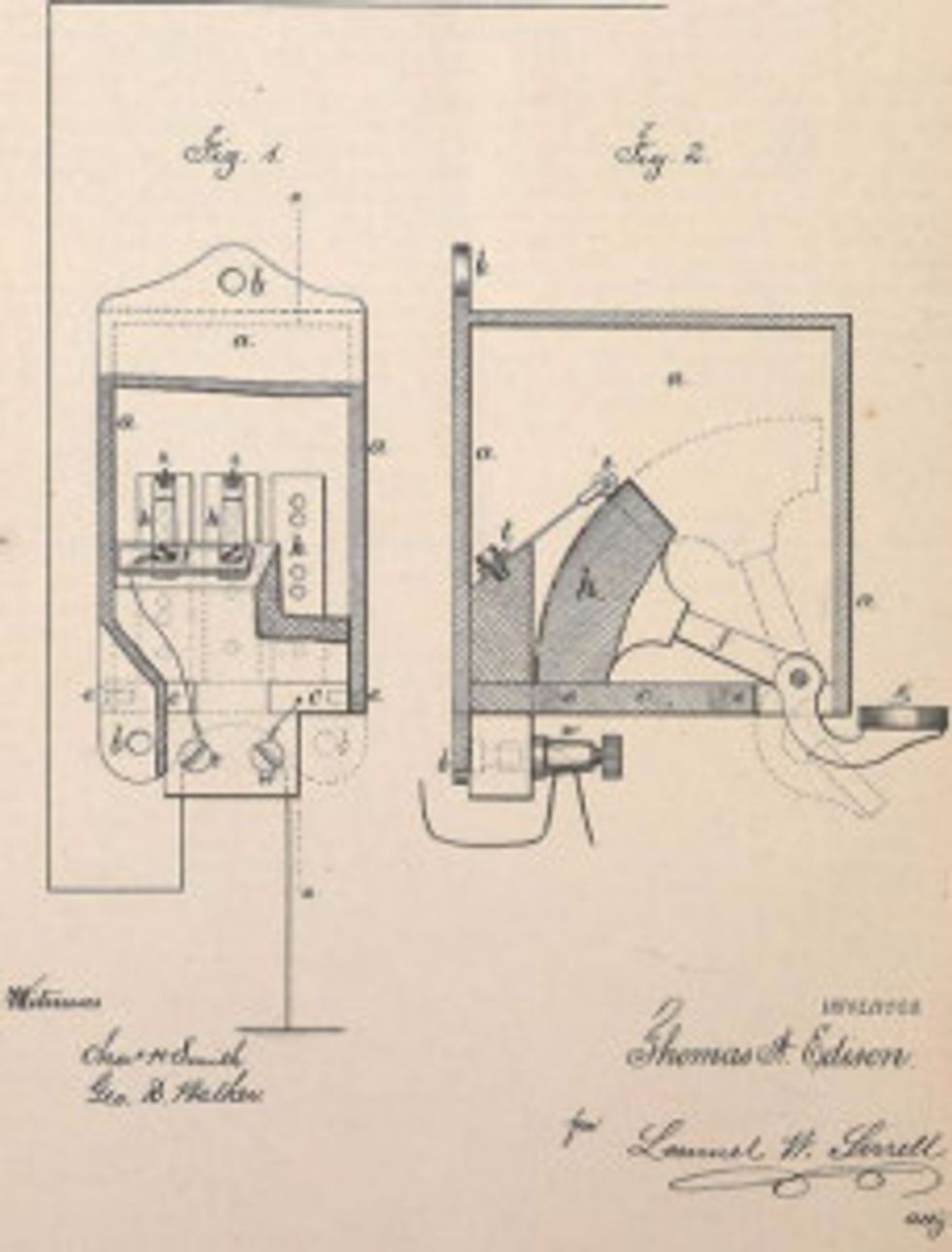
Does It Make Sense to Patent Your Product?
One of the great things about technology and the spread of the Internet is the ability to reach a wider market for your product. If you have developed a product that you think is useful, and you want to sell it, it might make sense to go through the patent process.
Before you spend the money on the patent process (and it can get expensive), carefully consider your situation, and your product. In some cases, it makes sense to consult with a patent attorney about whether or not getting a patent makes sense for your small business.
[caption id="attachment_21734" align="alignright" width="228"]
When to Patent Your Product
In order to get an idea of when it makes sense to patent a product, I reached out to InventHelp, a well-known company that helps inventors and entrepreneurs navigate the process. InventHelp has a patent referral system, and I was directed to patent attorney Sean Kaufhold of Kaufhold & Dix Patent Law.
“There are multiple reasons for why a person or company might want to obtain patent protection,” says Kaufhold, “but generally the number one reason involves the desire to protect your invention from being sold or used by another.”
He points out that a patent offers you recourse, providing you protection from others who might want to steal your idea and make or sell your invention or product without your consent.
It’s important to note, though, that the “patent pending” designation isn’t really true protection. “While you are patent pending you do not have actual protection, since only an issued patent can be enforced,” says Kaufhold. “However, the designation often dissuades your competition from making the same product and can be a valuable tool for advertising and attracting investor capital.”
A patent pending designation shows you’re serious. Plus, if your goal as an inventor or entrepreneur is to license your product, it helps to start the process, since large companies often want to see that you’ve made those efforts. Starting the patent process can be a part of presenting your business idea to investors and banks.
Kaufhold says that there are three main types of entities that should consider patenting their products:
- Manufacturers: If you have the ability to make your product and get it to a market, it makes sense to protect your product for as long as you can. You can protect your market share, including ensuring the exclusivity that can help as you look to price your product more profitably.
- Creators without market penetration: In some cases, inventors have the ability to create the product, or to at least hire someone else to manufacture it. However, you might not have an idea of how to penetrate the market. “This type of business person will want patent protection so that they can bring it to outside marketers to try to make market inroads, without the risk of it being taken by the manufacturer,” says Kaufhold.
- Inventor without manufacturing ability: For business owners who have a great product idea, but no way to manufacture it or bring it to market, patenting can have a big impact. This is about licensing the product. Being able to show a company that you have a patent, not only provides the company with something to license, but also helps you protect your secrets.
If you are sure that your product is unique enough and desirable enough to become a business, it can make sense to apply for a patent so that you have the protection you need moving forward.
When to Leave the Patent Alone
Not every product is worth patenting, though. “A patent may be unnecessary if the product being sold is clearly a combination or modification of that which is already found in the marketplace, or which has already been patented by another person,” says Kaufhold.
He also points out that business owners should honestly evaluate the value of the product. Can it really be produced and marketed in a way that is profitable? “For some types of businesses, there simply are not enough customers for a particular product to make the costs of obtaining a patent worth it,” Kaufhold says.
Another consideration is how close you are to having your product design completed. Simply filing a patent for a vague idea can mean that you have to file again later, as you improve the design. “The United States Patent Office doesn’t require a completed invention, and a large number of patent filings are made on base concepts of production models.” However, if you change your product substantially, the newer, better version might not be protected. You’ll have to pay more fees file for that protection.
“Finally,” Kaufhold continues, “some inventions are better left secret and thus fall under trade secret protection rather than patent protection.” If your product is that vital and important, filing a patent only opens it to the public, whereas protecting it as a trade secret can make it harder for the competition to copy your work.
When making the decision about whether or not to patent a product, carefully consider the implications and costs. Kaufhold recommends starting with Google Patents and an online search to make sure your idea really is that original. Once that is done, it makes sense to consult a knowledgeable patent attorney or business adviser to determine further steps – and whether or not they are worth it.



